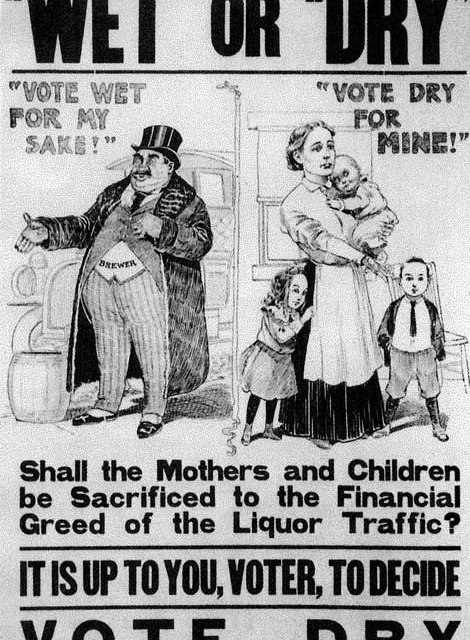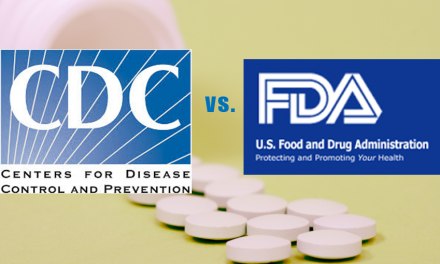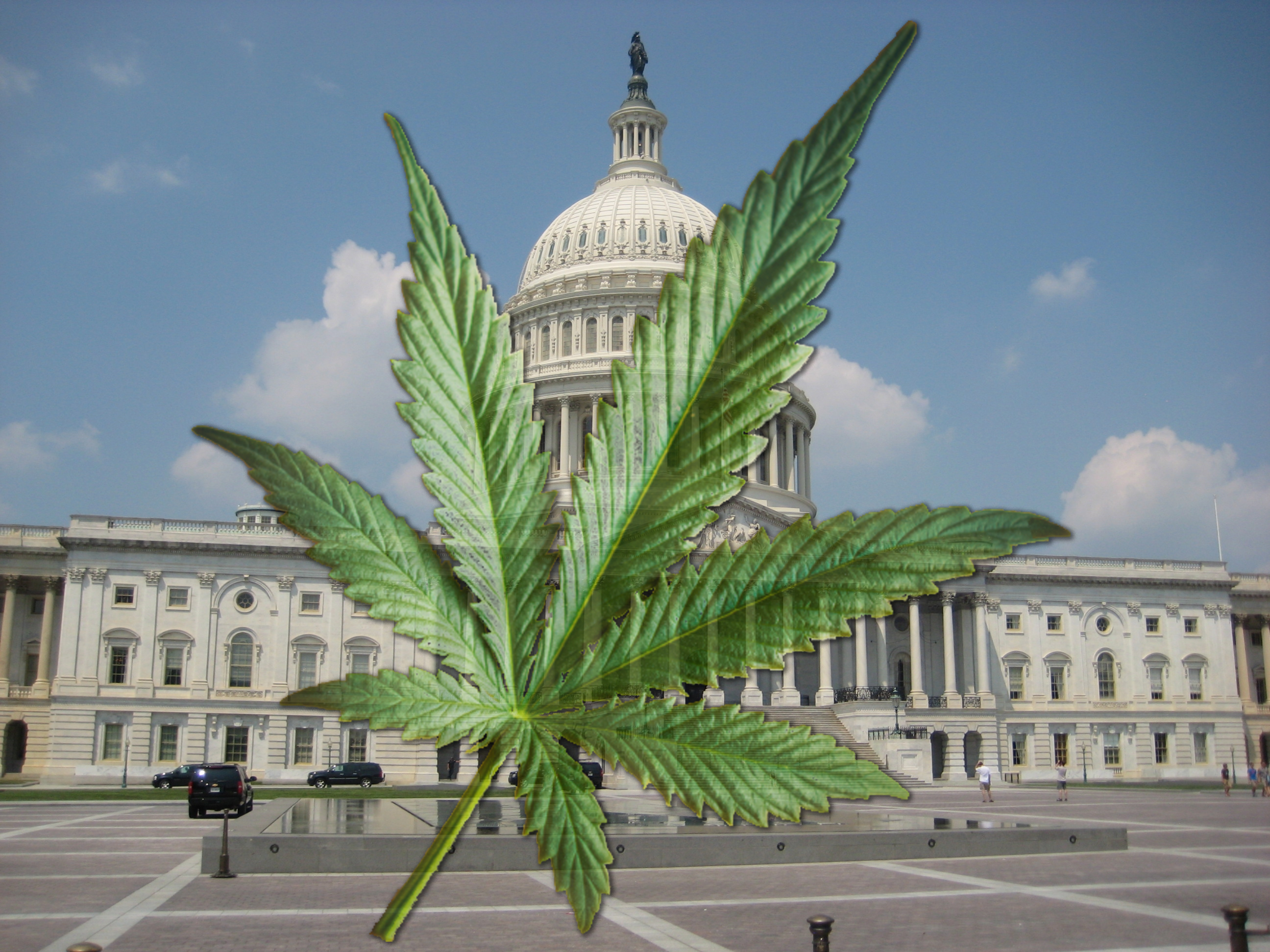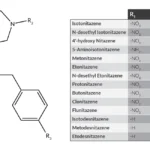At least, that’s the conclusion drawn by the author of a newly published work on the subject. Here’s an article:
Maybe Prohibitionists Were the Good Guys
Who’d have guessed it? But the book apparently makes some interesting observations, such as:
- The 18th Amendment – the one that prohibited “the manufacture, sale, or transportation of alcoholic beverages for consumption”– was actually quite popular when proposed and passed in 1918-19. That year was significant in a number of ways. The end of the first World War in November, of course, but perhaps even more important, the US was still locked in the grip of the Spanish Flu pandemic, which killed some 50 million people worldwide, including 675,000 in the US. Since the nation’s population at the time was only 103 million, you can imagine the psychological impact of those fatalities– life expectancy dropped 12 years. Ironically given what’s happened with COVID 19, deaths were often among 15-34 year olds.
- In that roiling social and political climate, the 18th Amendment received widespread bipartisan support, and was quickly ratified. It wasn’t ‘forced’ on an unwilling public by fervid anti-liquor crusaders; instead, it reflected many decades of frustration over the adverse consequences associated with drinking and alcohol abuse.
- The Temperance movement, as it was known at the time, wasn’t so much about punishing consumers as it was about expressing discontent with the makers and sellers of alcoholic beverages. They’d been without any meaningful regulation for decades, resulting in a true Wild West culture that reminds me of today’s commercial cannabis market. People were sick of it. Advocates for the Amendment, according to the author, hoped the new law would spur a voluntary general boycott. A naive hope, as it turned out.
Solid links existed between the Temperance movement and other progressive social movements of the time, including women’s suffrage and the pursuit of racial equality. Proponents of the 18th Amendment saw themselves as freeing America from the tyranny of liquor and those who distributed it. Advocates from minority populations supported the new law because, then as now, they suffered disproportionately from damage done by alcohol abuse. And there was plenty of that.
I’m no historian, but the author makes a convincing case for the Temperance marchers as idealistic reformers, rather than the humorless Puritans portrayed in the media.
Anyway, if that’s the case, why did Prohibition fail? As far as I can determine, several factors played a role.
First, drinking was already firmly embedded in the United States. People were accustomed to free access to booze, and unwilling to give that up. They did support the idea that drinking too much and too often was a bad thing. But to ask them to do without altogether? That was seen as a government overreach.
Second, no one seems to have been prepared for the explosion in organized crime that followed. The criminal justice system simply wasn’t ready for the challenges of enforcement. It makes me think of struggles involved in enforcing all the strict new laws that emerged during the War on Drugs. The barn doors had already been removed in that respect, the horses long since fled.
And then there was greed. Suddenly people were making a lot of money providing and selling booze, including the outlaw variety, to the rest of us. More under Prohibition than before, in fact. No way they would give up that cash without a fight. Bribing officials, threatening opponents, a few gun battles in the street? As far as they were concerned, it was simply the cost of doing business. Pablo Escobar would have been proud.
Here’s an interesting thought experiment: what would America be like today if Prohibition had worked? People would still drink, of course. Liquor has been strictly forbidden for generations in many Islamic societies, yet there are still plenty of opportunities to procure and consume liquor in Arab countries. Likewise, we’d still have to deal with the many health problems related to alcohol. Perhaps fewer and less severe than we endure today, however.
So what are the lessons for today’s policymakers from the experiment that was Prohibition? I can identify three that appeal to me.
- We’re probably past the point where strategies such as interdiction and punishment are by themselves enough to address the scope of substance use in America. I mean, we tried, didn’t we?
- A strategy such as educating the public about the ‘downside’ of substance use is likely to take a lot longer but ultimately prove more effective. It seemed to help with tobacco. Accompanied by proven measures such as taxation and restrictions on sales and marketing, it could work again. Of course you have to watch out for technology, like with the advent of vaping. The “merchants of death”, as they’re sometimes called, can be tricky.
- It’s probably unreasonable to expect an industry built around profiting from drugs of abuse to regulate themselves. They’re not here to protect us, after all. Ensuring the safety of consumers is government’s job. Over the bitter protests of the alcohol merchants, naturally. Still, it has to be done.
Anyway, sounds like an interesting book. Check your local library.













